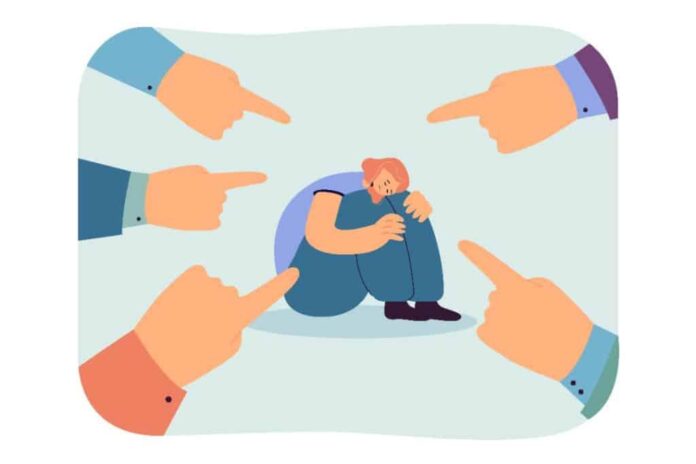
Mental health has long been a topic shrouded in stigma and misunderstanding. People struggling with mental health disorders face discrimination and judgment from society, often leading to a reluctance to seek help. However, as awareness and understanding around mental health continue to grow, it is becoming increasingly clear that mental health care is just as important as physical health care.
Breaking the stigma surrounding mental health care is crucial in ensuring that people are able to access the support and treatment they need. By promoting a more open and accepting attitude towards mental health, we can help to reduce the shame and isolation that many individuals experience when dealing with mental health issues.
One of the key reasons why mental health care is so important is that mental health disorders are incredibly common. In fact, according to the World Health Organization, mental health disorders affect one in four people worldwide. These disorders can range from anxiety and depression to more severe conditions such as schizophrenia and bipolar disorder. Without proper treatment and support, mental health disorders can have a significant impact on a person’s quality of life, relationships, and overall well-being.
Sadly, many people still view mental health issues as a sign of weakness or a character flaw. This outdated attitude only serves to perpetuate the stigma surrounding mental health and can prevent individuals from seeking the help they need. It is crucial that we shift our perspective and recognize that mental health disorders are just like any other medical condition – they require treatment and support in order to be managed effectively.
Another reason why mental health care is so important is that it can save lives. Mental health disorders can lead to severe emotional distress and can increase the risk of suicide. In fact, suicide is the second leading cause of death among 15-29-year-olds globally. By providing access to mental health care and support services, we can help to prevent tragedies like suicide and ensure that individuals receive the help they need to overcome their struggles.
Furthermore, mental health care is essential for promoting overall well-being and resilience. Just as we take care of our physical health by eating well and exercising, we must also prioritize our mental health by seeking support when needed. Mental health care can help individuals learn coping strategies, improve their self-esteem, and develop healthier relationships with others. By investing in mental health care, we can empower individuals to live happier and more fulfilling lives.
In recent years, there has been a growing awareness of the importance of mental health care, and efforts are being made to break down the stigma surrounding mental health. Organizations like the National Alliance on Mental Illness (NAMI) and the Mental Health Foundation are working tirelessly to promote mental health awareness and provide support to individuals in need. Initiatives such as Mental Health Awareness Month and World Mental Health Day are raising awareness of mental health issues and encouraging open conversations about mental health.
But despite these positive strides, there is still much work to be done in tackling the stigma surrounding mental health care. This stigma can manifest in various ways, from negative stereotypes and discrimination to a lack of understanding and empathy towards those with mental health disorders. It is up to each and every one of us to challenge these harmful beliefs and attitudes and create a more supportive and inclusive environment for individuals struggling with mental health issues.
So, how can we break the stigma surrounding mental health care? One of the most powerful ways is through education and raising awareness. By learning more about mental health disorders and their impact, we can better understand the challenges that individuals face and show empathy and compassion towards those in need. Additionally, by sharing our own experiences and stories, we can help to break down stereotypes and show that mental health disorders are nothing to be ashamed of.
Another important step in breaking the stigma surrounding mental health care is to normalize seeking help. Just as we would see a doctor for a physical ailment, it is important that we seek support from mental health professionals when struggling with emotional or psychological issues. By openly discussing our mental health and encouraging others to seek help when needed, we can help to create a culture of acceptance and support for those with mental health disorders.
In conclusion, mental health care is a crucial aspect of overall well-being and should be treated with the same importance as physical health care. By breaking the stigma surrounding mental health, we can help to ensure that individuals receive the support and treatment they need to live happy, healthy, and fulfilling lives. It is up to all of us to challenge harmful beliefs and attitudes surrounding mental health and create a more compassionate and understanding society. Together, we can make a positive impact on the lives of those struggling with mental health disorders and promote a future where mental health care is accessible and accepted for all.

















